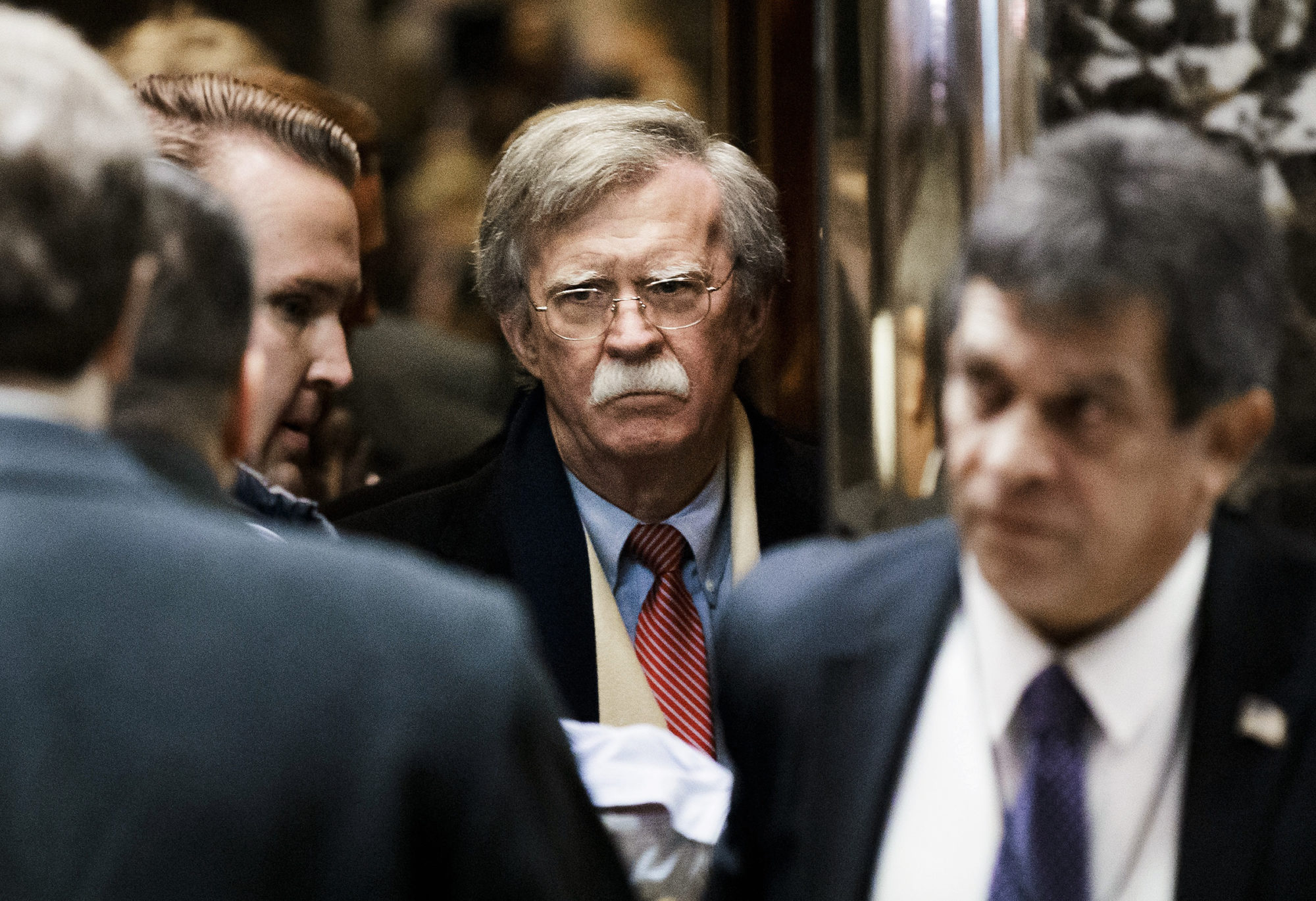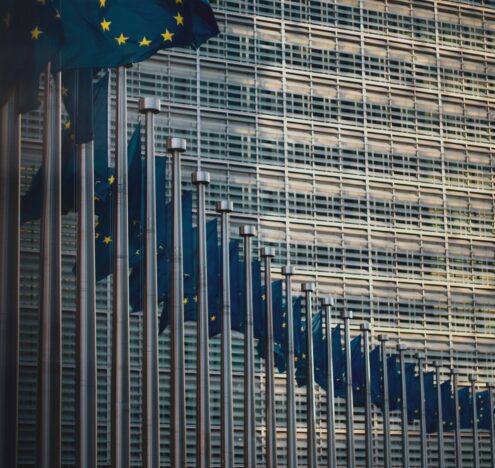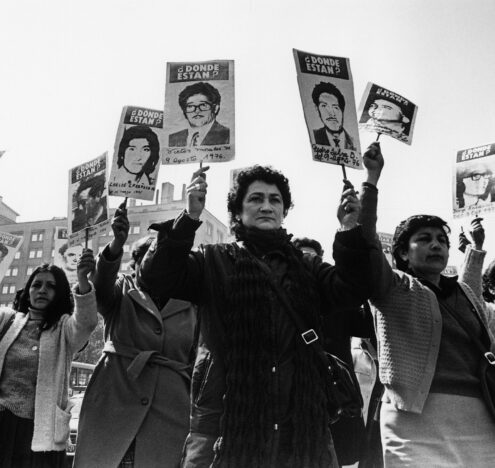He may not know how or on what timeline, but I believe that Donald Trump truly does want to negotiate an end to North Korea’s nuclear weapons program. Why he wants to do it — whether to get a Nobel Prize or to be able to brag that he’s a better deal maker than Barack Obama — doesn’t matter. The question is whether he can start a process that heads off war on the Korean peninsula, ends mutual threats, and rolls back North Korea’s program in the context of a normalization of relations, without blowing up the initiative with a temper tantrum on Twitter.
Any path forward will need to go past Trump’s National Security Advisor, John Bolton, the man who never met an arms control agreement he didn’t want to sabotage. As Colin Kahl and Jon Wolfstahl have noted, “For Bolton, there are few international problems where war is not the answer.”
In July 2003, when he was a State Department official, Bolton made harsh personal attacks on then North Korean leader Kim Jong Il in a speech in Seoul, South Korea. The remarks were clearly designed to undercut the Bush administration’s effort to restart talks to address Pyongyang’s nuclear program. The speech infuriated Kim Jong Il, whose state media outlet responded by calling Bolton “human scum.” As the Washington Post has noted, “even some hard-liners who privately supported the thrust of Bolton’s comments were taken aback that he would do this publicly in South Korea, just as the United States was trying to kick-start multilateral negotiations with North Korea.” The Bush administration distanced itself from Bolton’s remarks, and he was ultimately excluded from the US team that was selected to initiate discussions.
The speech infuriated Kim Jong Il, whose state media outlet responded by calling Bolton “human scum.”
Fast forward to 2018, as the Trump administration is on the verge of a historic summit with North Korea. John Bolton’s call for North Korea to completely denuclearize before it receives anything in return, and his reference to the case of Libya as a model, nearly derailed the proposed Trump-Kim meeting, especially after Vice President Mike Pence piled on.
You don’t have to be a North Korea expert to realize that referencing the Libya case – where the dictator Muammar al-Qaddafi gave up his nuclear program and was later killed by his own people in the context of a US-NATO intervention – would be viewed as both a threat and an insult by Kim Jung Un. He has stated on numerous occasions that part of the rationale for North Korea’s nuclear program is to avoid the fate of Qaddafi and Saddam Hussein. For example, in 2016 the North Korean government’s Korean Central News Agency released the following statement: “The Saddam Hussein regime in Iraq and the Gaddafi regime in Libya could not escape the fate of destruction after being deprived of their foundations for nuclear development and giving up nuclear programs of their own accord.” Bolton was perfectly aware of this when he made his statement about Libya. Thankfully, for now at least, Trump seems to be back on board with the idea of the meeting with Kim, in part due to a conciliatory statement from North Korea.
John Bolton isn’t the only voice on North Korea in the Trump administration. Secretary of State Mike Pompeo, who has met with Kim Jong Un; Secretary of State Jim Mattis, who appears to be open to real negotiations; and Gen. Vincent Brooks, head of US forces in Korea, who has stated that “it is too early to quit” on holding productive talks, are all potential moderating influences.
As South Korean President Moon Jae-in has pointed out, the road to success in negotiating with North Korea must involve a phased approach with ample diplomatic give-and-take, not take-it-or-leave-it demands of the kind Bolton favors. And as longtime Korea expert Leon V. Sigal has noted, it’s not just about lifting economic sanctions: “Kim is not about to commit to denuclearize completely, Trump’s ultimate goal, without a reciprocal commitment from Trump to end enmity and move to peace in Korea.” This is not a short-term undertaking, and it’s not an approach John Bolton will ever support. If Donald Trump wants a shot at the Nobel Prize, John Bolton needs to go.
William D. Hartung is the director of the Arms and Security Project at the Center for International Policy.





















